
C计划是一家致力于批判性思维教育的机构。C计划的C,是指Critical Thinking(批判性思维),Civic Education(公民教育)。推广思辨教育,重塑公共理性。
Why we hate a stranger so much|Blue Square Column
Note : This article was first published in the 29th issue of Caixin Weekly in 2019.
The Internet makes everything easier. including hatred .
When people hide behind the screen, without the fetters of social identity, basic etiquette and empathy, any dissatisfaction and anger can be freely vented. The rudeness and brutality of people firing dark arrows at strangers who are actively or forced to expose themselves to the spotlight of public opinion are often shocking.
In any online platform, we can easily find too many cases. Taiwanese actress Lin Chiling got married, and the message area was full of unsightly abuse - just because she married a Japanese; people originally treated foreign students preferentially in controversial colleges, but the comments quickly turned into "foreign garbage" and "black and green international students". ; The left-behind girl died after being taken away by the tenant. Rather than sympathizing and understanding the pain of the client, netizens are more keen to curse the family members who are "unworthy of being parents" in their eyes...

In the past few years, the denunciation and reflection on cyber violence have gradually been immersed in artistic expression and institutional innovation . From the domestic movie "Search" to the sci-fi drama "Black Mirror", people examine the complexity and darkness of human nature in film and television dramas; regulators and platform operators try to use the real-name system to establish basic constraints, or impose stricter restrictions speech censorship.
However, the hostility in the network has not been tamed. On the contrary, cyber violence has evolved more ways to play . From the most traditional human flesh search-exposure of the parties' privacy, continuous harassment and abuse online and offline, to more organized "expeditions", malicious reports to various platforms and even the public power system. People called "trolls" and "bars" have become more assertive in their successful attacks: Why should I attack you and hate you? ——Not because of my evil and darkness, but because of your fault first . The so-called cyber violence has even been justified as a tool for justice.
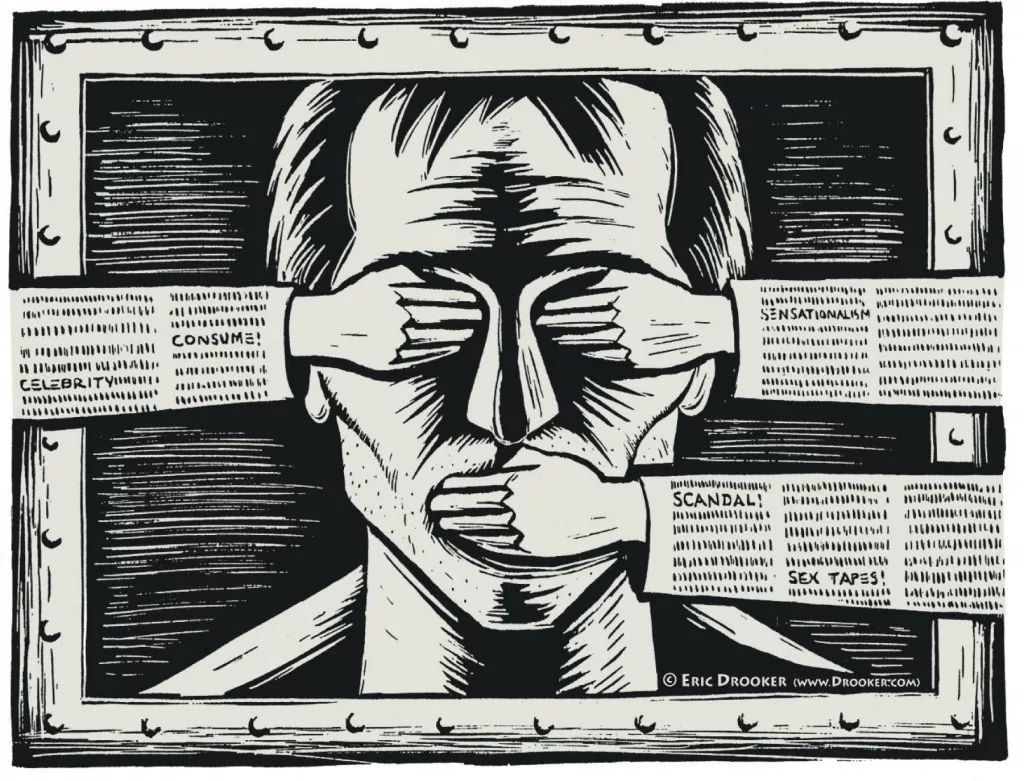
In this Internet age, what kind of words and deeds will be regarded as "fault"?
The first is when different opinions or preferences are expressed . Differing views are seen as a challenge to the values defended by one's own side, or as an affront to personal dignity. This zero tolerance for dissent has reached its peak under the whistle-blowing system of the new era. In a recent scandalous case, a film critic praised Yi Yang Qianxi in TFBoys in his tweet, which was regarded by fans of another member of the group as belittling his idol, so he organized a large-scale report on this. A film critic "distorts the facts" and "maliciously spreads rumors".
This situation is frustrating. I don't agree with your point of view, but I defend your right to speak; I don't agree with your point of view, but I don't mean to deny you as a person - is this not the basic common sense of public life? In the ideal picture based on these common senses, people can understand the differences in aesthetic preferences and respect each other’s individualized expressions; if there are differences in opinions, they are willing to listen to communication, rationally argue, and seek consensus on the basic bottom line.
When one's own point of view is denied or refuted, anger and frustration are instinctive emotional reactions. To restrain this instinct requires "anti-humanity" education and long-term deliberate training, as well as an external environment that constantly encourages equal reasoning. Let common sense become common sense again, which is the root of eliminating this kind of hostility.
In the second case, the fault originates from an identity . Incitement to hatred and violence against a person or group based on the inherent identity characteristics of a person or group - such as race, religion, nationality, gender, sexual orientation, physical status, etc., is a typical "hate speech".
Hate speech is notorious, but its purveyors equally believe in the legitimacy of their speech. In their view, a certain identity is worthy of hatred, and individuals with that identity should also bear the stigma that this identity brings. For example - Japanese. All Japanese should be hated as the initiator of the war, as the murderer. This hatred will migrate further: immigrating to Japan, marrying into Japan, or liking Japanese culture are all abominations in their eyes.
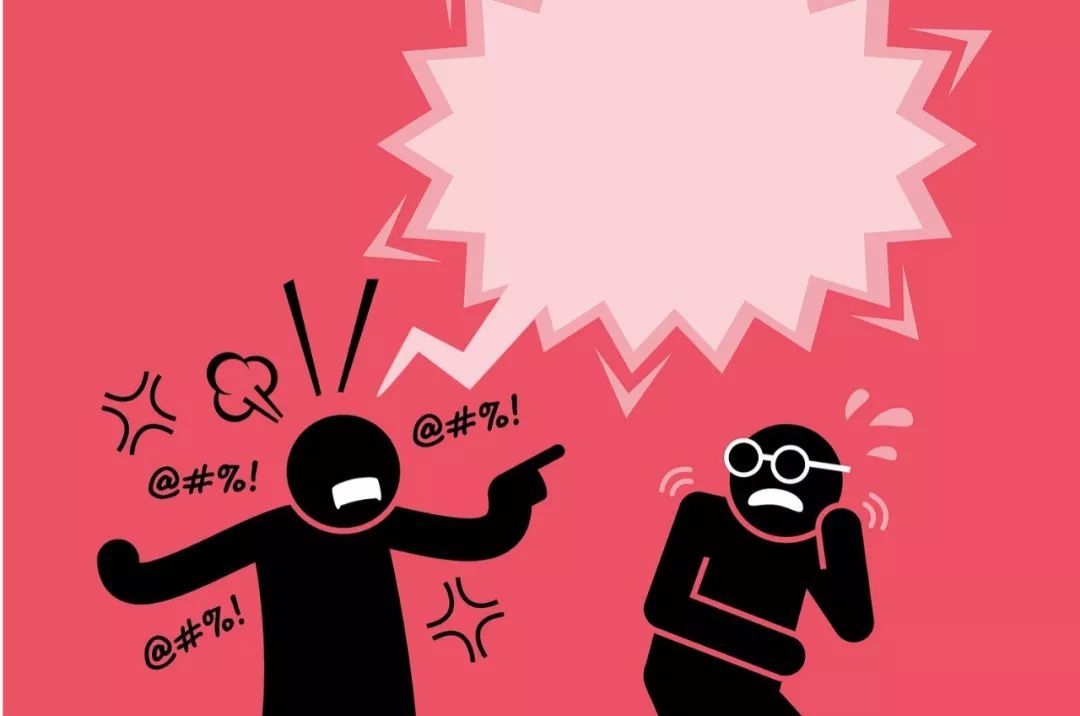
The defense of hate speech often has two fatal holes . One is whether a group actually committed abhorrent behavior, or whether some negative behavior was really attributable to its innate identity. For example, some online articles claim that Sweden has become a major rape country because of Muslim immigration, but in fact it is the change in the statistics of rape cases in Sweden , which has led to the abnormally higher rape rate data than other European countries; Equals, but empirical data from the University of Chicago shows that 87% of gay men have about the same number of sexual partners as unmarried straight men . All kinds of exaggerated rumors create people's prejudice against a certain identity, and because they hit people's preconceptions, they spread more widely and quickly.
Second , when some people in a certain group do have words and deeds worthy of hate—extremist Islamists did indeed carry out large-scale terrorist attacks, and the Japanese army in World War II did indeed carry out indiscriminate massacres against civilians—does it mean that? Do other Muslims and Japanese take responsibility for what they did not do?
Ignoring the uniqueness of each individual and tying it roughly to a single identity. This extreme simplification of a complex and pluralistic world, Amartya Sen's "singular fantasy", is constantly breeding violence and division. Breaking identity violence requires returning to basic respect for human values . Seeing the common ground between people, far beyond political identity, treating others as the same, and treating them with empathy. Such value cultivation also needs to be rooted in basic education .
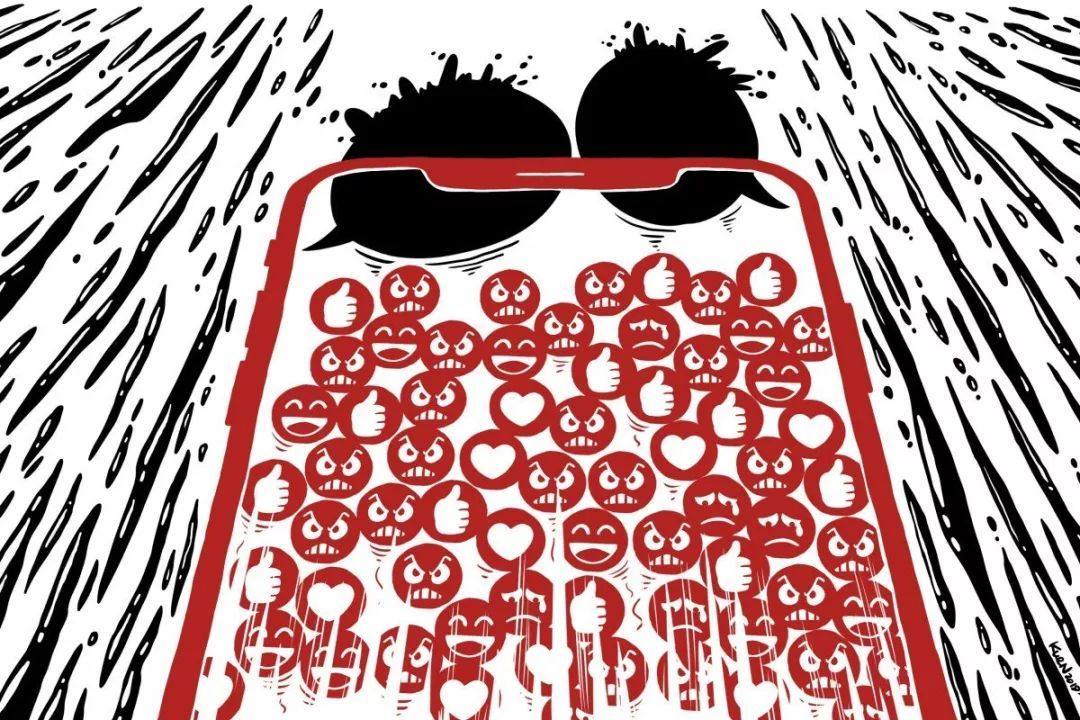
The third "fault" that breeds hatred is when the person violates a certain moral code.
The first question is what moral code do we rely on to assert that a person is at fault first. For example, in the eyes of some netizens, in the face of the death of relatives and friends, the parties must show grief, otherwise it is cruel and ruthless; in the event of a disaster, if the star does not pray for blessings and donate, it will be morally lost... Kidnapped with wishful thinking moral standards Others use this to justify their tyranny .
And those incidents that really touch the bottom line of the law or public order and good customs will often ferment into public opinion storms sweeping the entire network . Dominating seats on high-speed trains, abusing pregnant women, beating women on the street, using girlfriends as knives for themselves, and abusing cats and dogs... The trial and cursing of these scumbags have instead become absolute political correctness in the public opinion field. The simpler the plot and the more labelled the characters, the more they can incite emotions and bring traffic. The misrepresentation of basic facts and the unbalanced reporting of conflicts have resulted in the "reversal" and "re-reversal" of a large number of moral events. If the person concerned is at fault, the hatred and violence against him are even more justified, and there is no longer the boundary of the rule of law. Online lynching can expose privacy without restrictions, and can even join relatives and friends of the parties involved.
This kind of cyber violence based on moral judgment, on the one hand, has the aphasia of the media and the absence of the truth, and on the other hand, it is also the lack of the basic media literacy of the public and the awareness of the rule of law . Compared with cracking down on, shutting down some self-media, and expanding speech censorship, strengthening information literacy and awareness of the rule of law through education has not received the attention it deserves.
There is no doubt that we all long for a more rational and peaceful online world. To eliminate hostility, what is needed is to crack the way of thinking that justifies violence. The most fundamental measure is still education centered on cultivating rationality and empathy. We cannot expect the rapid disappearance of cyber violence, but the seeds of rationality planted through education today will surely take root in the near future .

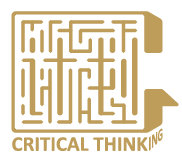
Author: blue square
Co-founder of Plan C, graduated from China University of Political Science and Law and Sciences Po, France, and used to be a senior public policy reporter for Caijing and Caixin Media.
▷ The picture comes from the Internet
▷ Typesetting: @鱼香
Recommended reading
▷ Cut off violent worship from campus|Blue Square Column
▷ Are discrimination and hate speech also protected by "freedom of speech"?
latest courses

The author is a contracted author of NetEase News-NetEase account "each with its own attitude". Unless otherwise specified, the articles of Plan C are original. The signed illustrations and brain maps are also original. To reprint articles or original illustrations and brain maps, please contact Xiao C (Plan-C2016), or leave a message to the background.
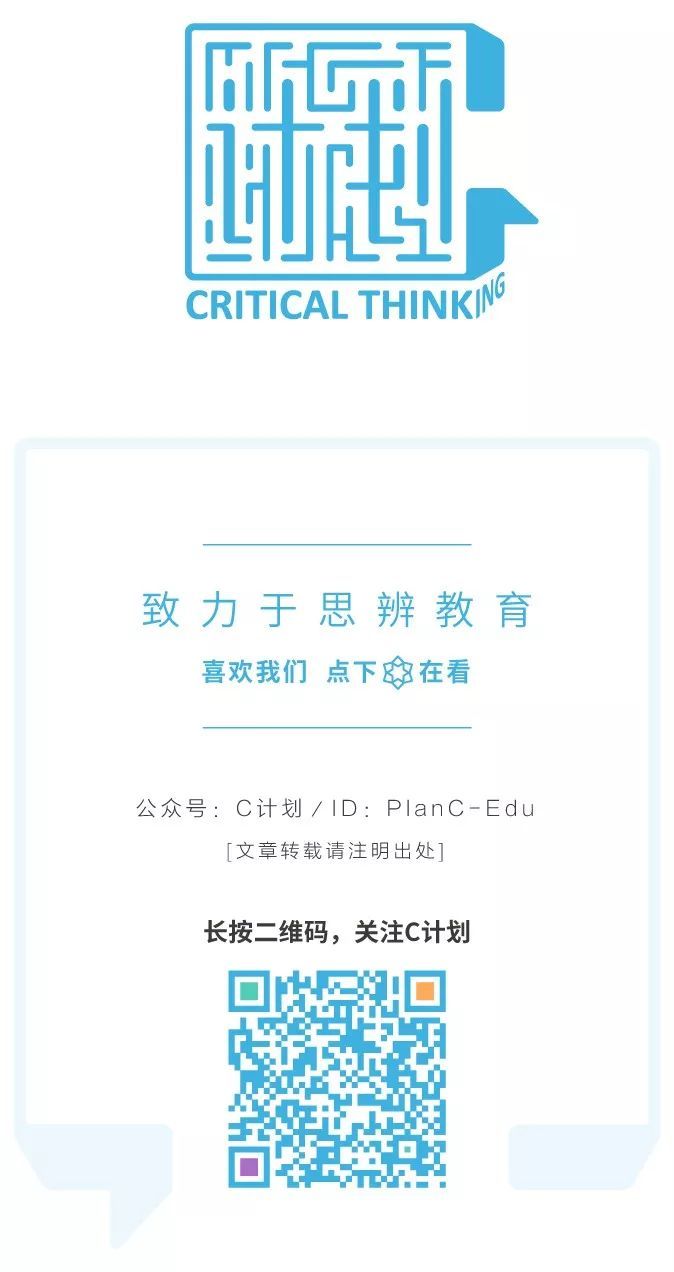
Like my work?
Don't forget to support or like, so I know you are with me..
Comment…